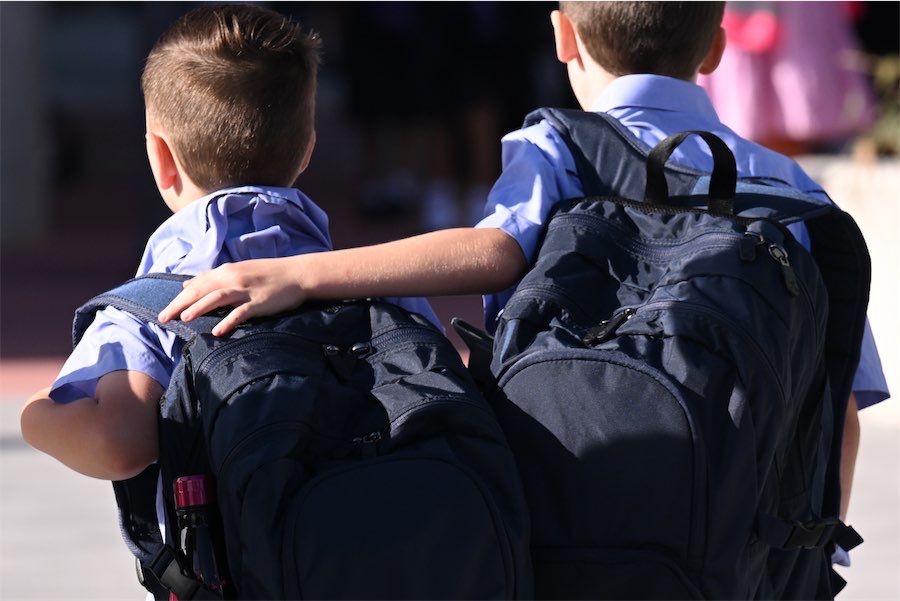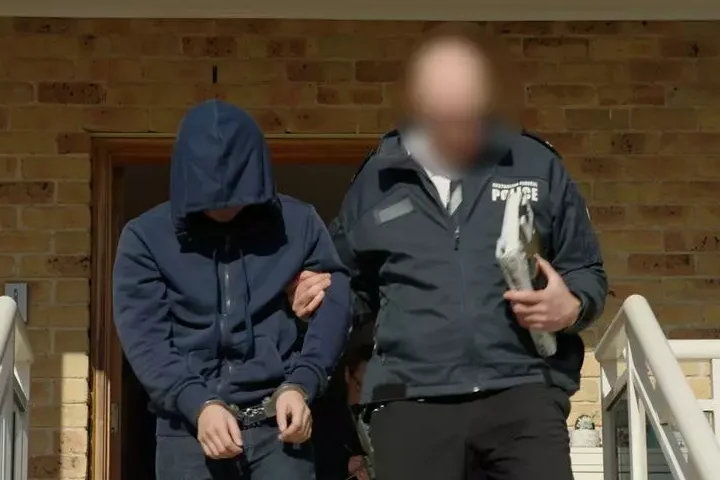
By Dominic Giannini in Canberra
AUSTRALIA’S school system has been described as one of the most segregated in the developed world, with parents’ pay packets determining the likelihood of success.
Education Minister Jason Clare has vowed to ensure all schools get their full and fair funding allocations as he pledged to close the gap after a meeting with his state and territory counterparts.
“We have one of the most segregated school systems in the OECD, not by the colour of your skin, by the size of your parents’ pay packet,” he told ABC radio on Tuesday.
“We’ve got to close this education gap, the fact is that if you’re a child from a poor family, you’re three times more likely to fall behind at school.”
Almost every government school is not funded to the Schooling Resource Standard (SRS), which is the amount of investment needed to meet students’ educational needs.
Only the ACT has met the SRS and while NSW has committed to getting every school to 100 per cent, the rest of the states and territories are not projected to reach the funding standard.
There has also been an increase in the number of students presenting with complex needs and those who identify as having a disability, an expert panel reviewing school funding reform found.
“Underfunding of schools, and government schools in particular, is undermining other reform efforts,” the report said.
This in turn is impacting student education and wellbeing, teacher attraction and retention and confidence in the public school system, it said.
The panel recommends kids have access to community and health services and support – including occupational and speech therapists at school – and teachers are well-resourced.
It also flagged providing incentives for the best teachers to work in poorer areas.
Early intervention and catch up tutoring to ensure kids don’t fall too far behind was another recommendation as the Commonwealth and states and territories continue discussions about new funding arrangements.
The education ministers agreed to work together to ensure every school was fully funded to the standard when they met on Monday.
But there would be “no blank cheques” for schools, Mr Clare said, as he grapples with how to tie funding to improving education and wellbeing outcomes and opportunities.
“I want to make sure that we tie the funding to the sort of things that are going to help children,” he said.
The next national school reform agreement outlining funding is due to be finalised next year and start in 2025.
Who can be trusted?
In a world of spin and confusion, there’s never been a more important time to support independent journalism in Canberra.
If you trust our work online and want to enforce the power of independent voices, I invite you to make a small contribution.
Every dollar of support is invested back into our journalism to help keep citynews.com.au strong and free.
Thank you,
Ian Meikle, editor





Leave a Reply